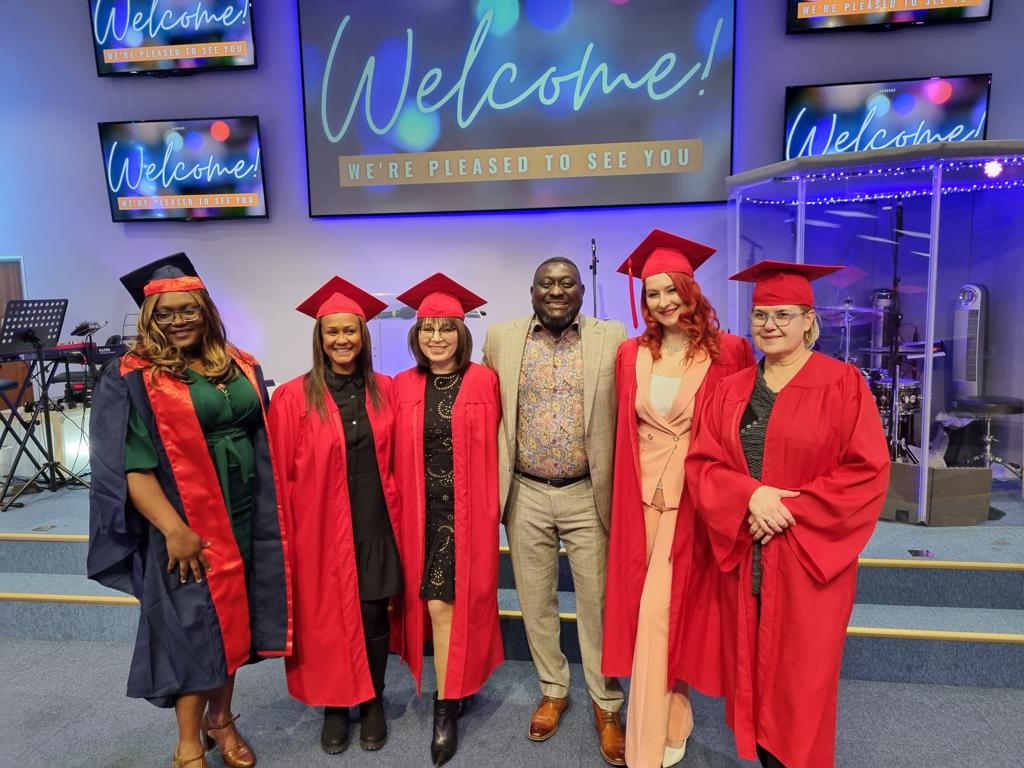Our Philosophy
Emancipatory Concept of Higher Education
Emancipatory knowing involves critically examining social, political, and institutional structures to uncover social injustices and inequities and disrupt the status quo, as well as asking critical questions. Emancipatory knowing is the human ability to recognize social and political problems of injustice or unfairness, realize that things could be different, and piece together complex elements of experience and context to change a situation to a situation that improves people’s lives. Emancipatory knowing cultivates awareness of how problematic conditions converge, reproduce, and remain in place to sustain a status quo that is unfair for some groups within society. Awareness of social injustices and inequities leads to processes that culminate in praxis, the integrated expression of emancipatory knowing. Emancipatory knowing means questioning the nature of knowledge and the ways in which knowledge itself—or what is taken to be knowledge—contributes to larger social problems. Emancipatory knowing considers the power dynamics that create knowledge and the social and political contexts that shape and influence knowledge and knowing. From an emancipatory perspective, knowledge and knowing are constructed in ways that reflect prevailing hegemony or problematic assumptions about “the way things are.” Hegemony is the dominance of certain ideologies, beliefs, values, or views of the world over other possible viewpoints. These dominant perspectives privilege certain groups over others. Hegemonic views are often hidden and are taken for granted as fact or as the only possibility. Moreover, hegemony tends to recreate itself in ways that make it difficult to change.
Transpersonal Higher Education
Perhaps the earliest attempt to define transpersonal education is proposed by Clark (1974, p.1), who asserts that ‘transpersonal education, like science, is concerned with knowledge and discovery of truth…It is also addressed to questions of value, meaning and purpose’. From this definition, Clark(1974) further discusses that transpersonal education is the process of discovery and self-transcendence based on spiritual practice and subjective experience. Consequently, higher education students should derive a set of values through intrinsic learning, a lifelong approach concerned with the discovery of identity and the discovery of vocation (Maslow, 1971). While Clark (1974, p.7) suggests that the objective of transpersonal education is ‘the realization and maintenance of higher states of consciousness in which intrapersonal and interpersonal actualization is subsumed’, Moore (1975) provides a different perspective, that the objective for transpersonal education is to combine the various domains of ‘being’, such as the cognitive, affective, and psychomotor domains leading to a transformative learning experience.

